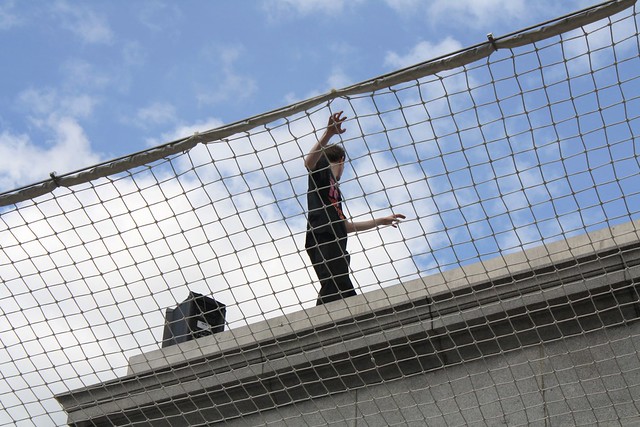We have been here before,
last year when AIPPI decided to support the idea and more recently when the
UK IPO held a round table on the subject on 1 July 2014. Now the UK IPO is trying to decide which scenario to support and their relative desirability.
We are offered various definitions of a grace period.
A.
“All disclosures” grace period: A grace period of 12 months calculated from the filing date, applying to all disclosures, with no mandatory declaration required and prior user rights not applying throughout the grace period.
B.
“Non-safety net” grace period: A grace period of 12 months calculated from the priority date (if applicable), applying only to disclosures made by (or derived from) the applicant, with no mandatory declaration required and prior user rights not applying throughout the grace period.
C.
6-month “safety net”: A grace period of 6 months calculated from the priority date (if applicable), applying only to disclosures made by (or derived from) the applicant, with mandatory declaration required and prior user rights applying throughout the grace period.
D.
12-month “safety net”: As above but with a duration of 12 months.
E.
12-month “safety net” with no declaration: As above but with no mandatory declaration required.
What makes it a safety net grace period is the business of prior user rights. While I have used the safety net idea hitherto as a reference to the safety net that a grace period provides for the patentee not the the third party user (sorry about the confusion).
Prior users might be those who have derived their information from the inventor. There is already protection in the UK in
section 64 of the Patents Act for good faith prior users, so, I suppose we are saying if at the time you saw something and thought great idea and started to implement it and managed to do so before the inventor got to the Patent Office were you acting in good faith? Now at present when we see a good idea we may not know its in the patent process. Is it any different if we have a grace period? I think not. Lets not mess with prior user rights. Clearly they are needed though if other countries don't have them and we are playing for harmonisation across the
IP5
Personally I am totally against declarations. They require full disclosure to the attorney and a burden of enquiry. They suppose there is certainty about whether a particular disclosure is confidential or not. If I speak to a novice inventor, they may tell me about various soundings they have made. Typically these would be with trusted confidantes. Sometimes there is a written NDA but not always. Even for the large IPO customer, completing disclosures is going to be hard for the Patent Department, so let's eliminate them. Who will advocate for them - the prior user not in terribly good faith perhaps. A patentee may want to make a disclosure to emphasise that something is not prior art. I would write that into the specification and it could be considered good practice and I rather like the idea. However voluntary declarations are a very different proposition than a mandatory one. I bet our insurers will advocate against any costly mandatory traps.
I think that means I support E - What do you think?
CIPA will no doubt be making representations. If you are lucky enough to have your August CIPA journal you will have the secret diary. Representatives of larger organisations seem to be against grace altogether as it encourages indiscipline among their already spirited inventors. They also cite desire for certainty - but even with first to file there is no certainty when we delay publication as realistically we must.
If we are looking to promote innovation and more specifically the implementation of innovation then the grace period benefits the eager innovator and some of those eager innovators are the ones who are best for the economy.
Do comment.
The IPO also want your help, preferably before Wednesday.



